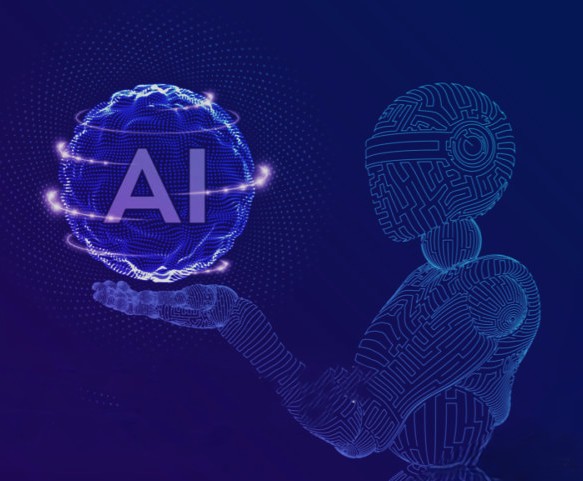Welcome to this week’s AI insights!
We’re exploring the latest developments in artificial intelligence and productivity tools that are making a real difference for businesses and entrepreneurs.
AI Regulation Updates and Business Impact

Smart automation is no longer a luxury—it’s becoming essential for competitive businesses. The integration of AI into everyday business operations has reached a tipping point where accessibility meets functionality.
Recent updates have focused on making AI more intuitive and user-friendly for non-technical users.
These developments focus on practical applications rather than theoretical possibilities, addressing real pain points in business workflows. This represents a significant shift in how professionals approach their daily workflows, with early adopters reporting productivity improvements of 30-50% in routine tasks.
User feedback is driving rapid improvements in AI tool reliability and accuracy. Companies implementing these tools report immediate improvements in efficiency, accuracy, and employee satisfaction. The user experience has been refined to the point where even non-technical users can implement these solutions within hours rather than weeks.
The businesses that embrace AI automation today will have significant advantages tomorrow. The trajectory suggests that AI adoption will accelerate as tools become more specialized and user-friendly. For businesses looking to stay competitive, the time to explore these innovations is now, not later.
Enterprise AI Adoption Accelerates

Smart automation is no longer a luxury—it’s becoming essential for competitive businesses. The integration of AI into everyday business operations has reached a tipping point where accessibility meets functionality.
User feedback is driving rapid improvements in AI tool reliability and accuracy.
These developments focus on practical applications rather than theoretical possibilities, addressing real pain points in business workflows. This represents a significant shift in how professionals approach their daily workflows, with early adopters reporting productivity improvements of 30-50% in routine tasks.
Small businesses are discovering that AI tools can level the playing field with larger competitors. Companies implementing these tools report immediate improvements in efficiency, accuracy, and employee satisfaction. The user experience has been refined to the point where even non-technical users can implement these solutions within hours rather than weeks.
As AI becomes more accessible, the question isn’t whether to adopt it, but how quickly you can implement it effectively. The trajectory suggests that AI adoption will accelerate as tools become more specialized and user-friendly. For businesses looking to stay competitive, the time to explore these innovations is now, not later.
The Democratization of Artificial Intelligence
The latest AI innovations are bridging the gap between complex technology and simple solutions. The integration of AI into everyday business operations has reached a tipping point where accessibility meets functionality.
The integration capabilities of modern AI platforms are creating unprecedented workflow efficiency. These developments focus on practical applications rather than theoretical possibilities, addressing real pain points in business workflows. This represents a significant shift in how professionals approach their daily workflows, with early adopters reporting productivity improvements of 30-50% in routine tasks.
User feedback is driving rapid improvements in AI tool reliability and accuracy. Companies implementing these tools report immediate improvements in efficiency, accuracy, and employee satisfaction. The user experience has been refined to the point where even non-technical users can implement these solutions within hours rather than weeks.
The key is starting small and scaling up as you discover what works for your specific needs. The trajectory suggests that AI adoption will accelerate as tools become more specialized and user-friendly. For businesses looking to stay competitive, the time to explore these innovations is now, not later.
AI Market Predictions: What’s Coming Next
Artificial intelligence tools are becoming more accessible and practical for everyday business use. The integration of AI into everyday business operations has reached a tipping point where accessibility meets functionality.
Small businesses are discovering that AI tools can level the playing field with larger competitors. These developments focus on practical applications rather than theoretical possibilities, addressing real pain points in business workflows. This represents a significant shift in how professionals approach their daily workflows, with early adopters reporting productivity improvements of 30-50% in routine tasks.
The integration capabilities of modern AI platforms are creating unprecedented workflow efficiency. Companies implementing these tools report immediate improvements in efficiency, accuracy, and employee satisfaction. The user experience has been refined to the point where even non-technical users can implement these solutions within hours rather than weeks.
These tools represent a fundamental shift in how we approach productivity and business operations. The trajectory suggests that AI adoption will accelerate as tools become more specialized and user-friendly. For businesses looking to stay competitive, the time to explore these innovations is now, not later.
Stay Connected with Dimona
For more AI insights and business automation tools, visit Dimona.biz


No responses yet